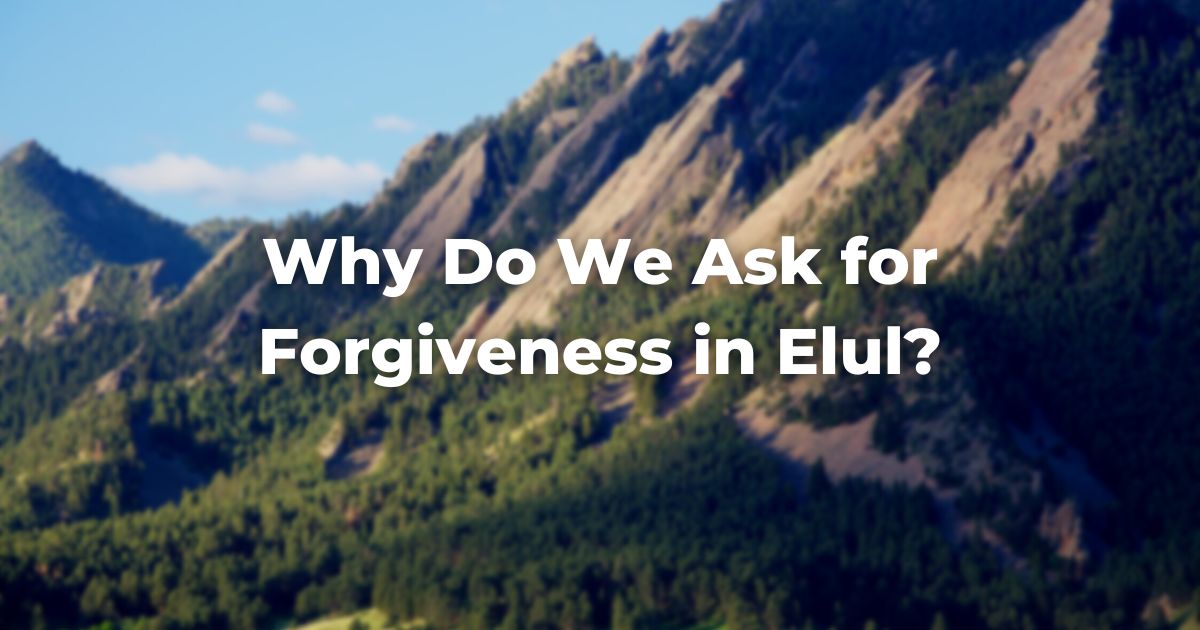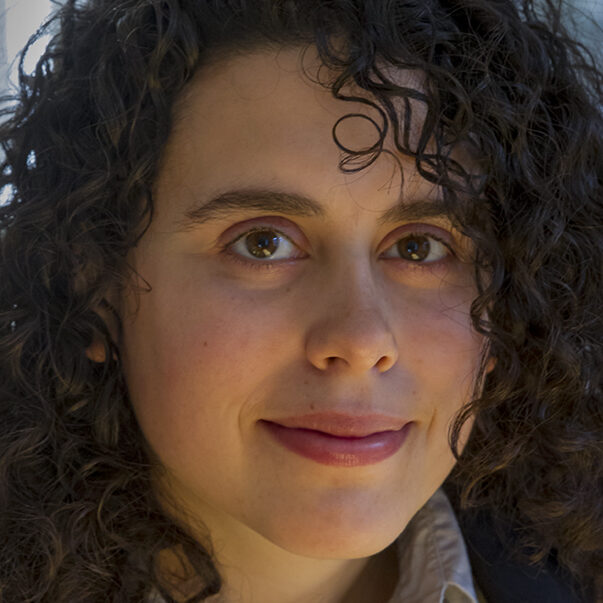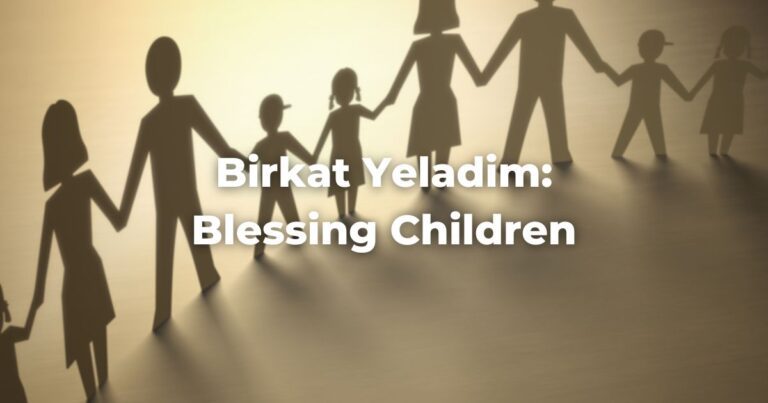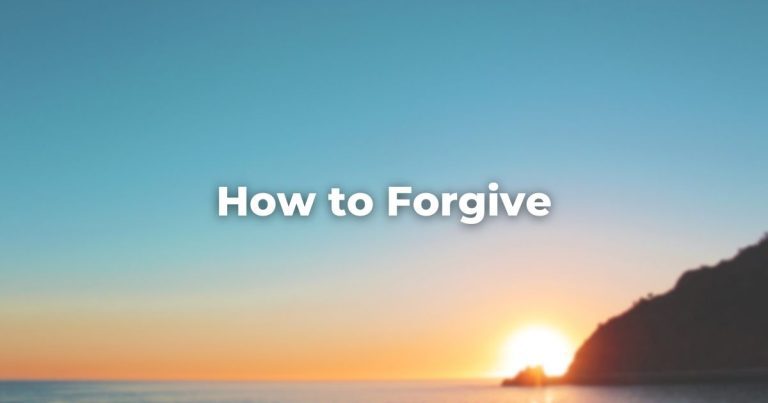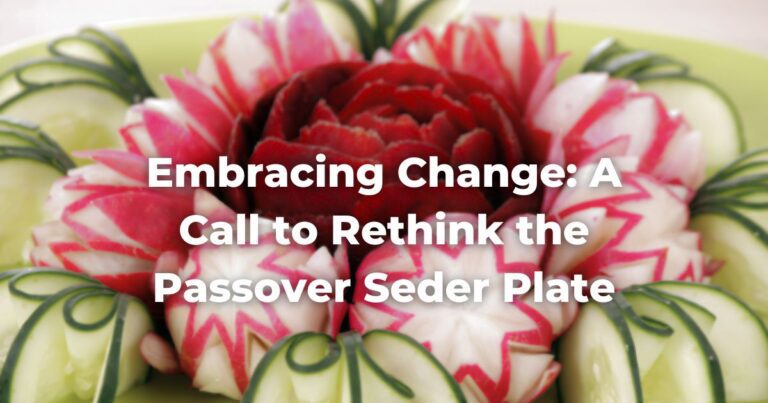Whenever the High Holidays are on the horizon, I know I will soon be participating in one of my least favorite phone calls of the year. Sooner or later one of us is going to awkwardly say, “I’m calling to ask for your forgiveness for any harm I may have intentionally or unintentionally caused in the past year.”
Yup, it’s Elul, and the next forty days (between the first of Elul and Yom Kippur) are all about repentance.
Traditionally, Judaism divides up all of the mitzvot into two categories: ben adam l’havero (social obligations) and ben adam l’makom (ritual obligations). While ritual transgressions are up for debate during personal meditation and prayer through Yom Kippur and beyond, making amends with others requires some intensely vulnerable conversation with family, friends, and frenemies.
Which everyone loves, right?
Especially if you are anticipating a good helping of eco-kosher brisket at Uncle Joe’s Rosh Hashanah dinner, it can be very nerve-wracking to bring up something stupid you did during the year and perhaps re-incite the anger. Or find out that something completely off your radar was extremely hurtful. Even the recipient of the “forgiveness call,” might not want to remember the bad times. They’ve moved on.
This year, anticipating this dreaded custom, Lifnei Iver, the command not to put a stumbling block in front of the blind, keeps coming to mind. Each of these transgressions, intentional or unintentional, recognized by the perpetrator or not, is like a stumbling block. Or maybe more like a blocked artery in the very life-flow of the relationship.
Asking for forgiveness and taking the responsibility as the perpetrator to initiate the repair not only cultivates empathy and humility, but it provides an opportunity for renewal.
Let’s walk up to those stumbling blocks one by one and lift them together. Who knows what our relationship might become?
And while Jewish tradition has set up the dichotomy between ben adam l’havero and ben adam l’makom, what I’m realizing is that if I think about asking forgiveness as the first step to renewing a relationship, there’s some other entities I want to check in with as well.
What about ben adam la’teva–how we treat our environment and fellow denizens of earth. How have I intentionally or unintentionally steamrollered my surroundings trying to get from point A to B? What do I want my relationship with the planet, with my pets, and my pests, to look like in the new year?
Or what about ben adam l’atzmo–how we treat ourselves? Where have I gotten in my own way, placed a stumbling block that has impacted my own mental health or any other area of life. Where have I been unnecessarily harsh or judgemental?
If there’s one thing I know for sure, with all the rapid change and uncertainty of the past year from pandemic to parenthood (and everything in between, it’s like could the news just stop for one day), this year we could all use a little bit of self-forgiveness.
Author
-

Emily Jaeger is a poet and professional writer based in Wilmington, North Carolina. Her work has appeared in Insider, News Courier, and JTA among others. https://emilyjaeger.com/
View all posts

